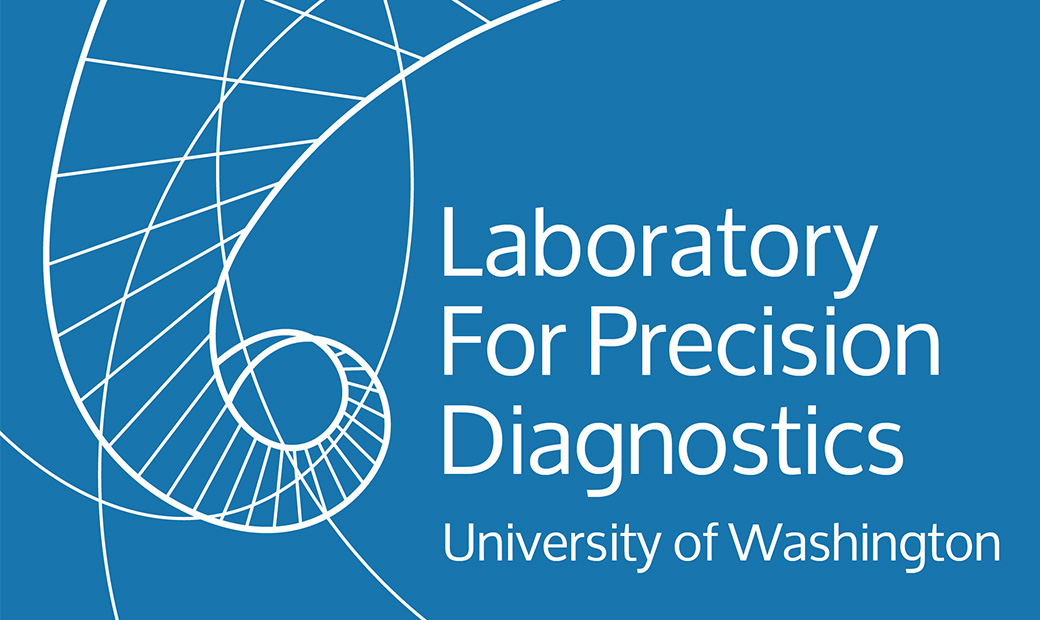Chromosomal microarray analysis, Familial Variant can be used to:
- test a person for a genomic copy number variant (CNV – deletion or duplication) found previously in a family member.
- clarify the size and gene content of a deletion or duplication found previously in a person by a different test method, such as FISH, MLPA, or a gene panel.
This test only analyzes the region of the specified CNV. No other regions of the genome are evaluated. A copy of the prior test results must be provided.
